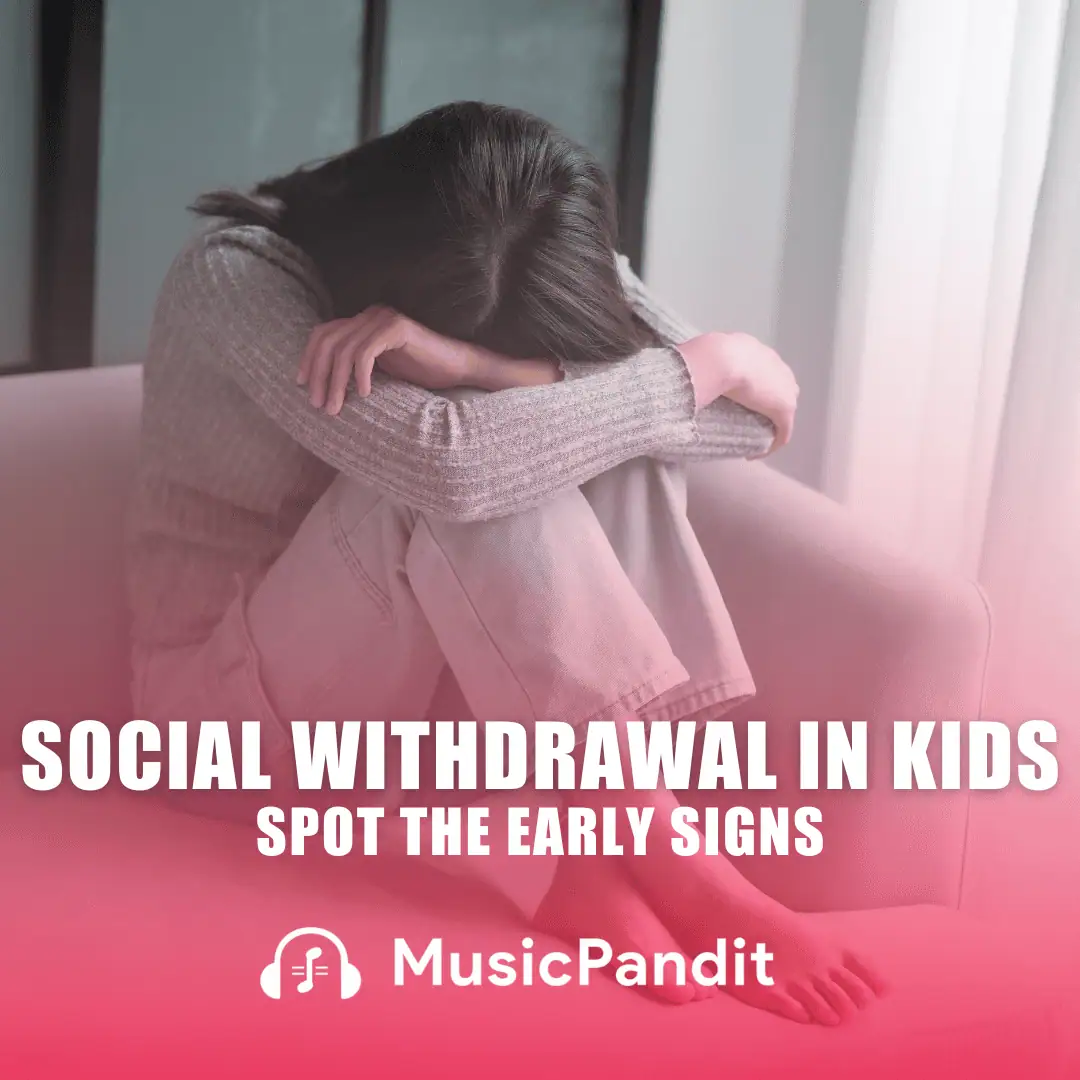Piano is one of the most useful instruments that a child can learn. Not only does it sound good but it also helps in better composition of melodies or songs. Knowing how to play piano or the electronic keyboard is a plus in music production. That being said, when children start their piano learning journey, one of the important aspects is reading notes. Besides, one of the building blocks of piano knowledge is understanding notation and translating it into your playing.
However, children can sometimes find it difficult to learn the notes. In fact, it is difficult for some adults only. So, the primary thing that we have to take care of is to teach piano notes in a way that makes it simple so that kids can easily retain the knowledge.
How do we do this? We will discuss several ways in this article that will easily help you teach your child how to recognize piano notes and remember the key names. You have to remember that learning to read notes will help your child become proficient at the piano.
The Musical Alphabet: A-B-C and Do-Re-Mi
Just like when children learn to read a language, reading music is a process that is done step by step. You probably remember teaching your child the alphabet, what sound each letter makes, and how those letters formed into words. You do the same thing when it comes to music.
Before delving into the complex universe of melodies, it’s essential to start with the basics. Begin by acquainting your child with the musical alphabet. Analogous to the regular alphabet, the musical alphabet comprises notes ranging from A to G. This foundation will facilitate their understanding of musical notation as they progress.
Mnemonics: Transforming Notes into Catchy Phrases
Mnemonics can be a game-changer when it comes to memorising piano notes. Associate each note with a catchy phrase or word. For instance, turning the notes E-G-B-D-F into “Every Good Boy Deserves Fudge” provides an engaging memory aid. This playful approach enhances your child’s ability to recall notes effortlessly.
Interactive Learning: Piano Apps and Online Resources
Embrace technology to make the learning process interactive and exciting. Numerous piano apps and online platforms offer interactive lessons tailored for children. Apps like “Piano Maestro” and websites such as “JoyTunes” provide a dynamic learning environment where your child can engage with lessons, games, and challenges that progressively build their note recognition skills.
Storytelling through Music: Connecting Notes to Narratives
Human beings are naturally drawn to stories. Leverage this innate inclination by weaving stories around musical notes. Create imaginative narratives where each note represents a character or a scene. This technique transforms abstract musical concepts into vivid mental images, making it easier for your child to remember and reproduce the notes accurately.
Playful Note Exploration: Treasure Hunt for Melodies
Transform your living room into a treasure trove of musical exploration. Hide small toys or treats around the room, each associated with a specific note. Encourage your child to find these treasures while simultaneously identifying the corresponding notes. This entertaining activity transforms the learning process into a captivating adventure.
Duet Dynamics: Parent-Child Musical Bonding
Playing the piano alongside your child can foster a profound connection. Choose simple duets that allow both of you to play different notes simultaneously. This not only enhances your child’s sense of rhythm and timing but also creates cherished memories of harmonious collaboration.
Progress Celebrations: Honouring Milestones
Acknowledge and celebrate your child’s progress diligently. Set achievable milestones and reward their accomplishments. Whether it’s mastering a specific set of notes or flawlessly playing a short tune, celebrating these victories reinforces their enthusiasm and commitment to learning.
Consistent Practice: Nurturing Musical Fluency
As the popular saying goes, “Practice makes perfect.” Encourage your child to practise consistently, even if it’s for a short duration but it has to happen each day. In the music field, consistency nurtures familiarity with the notes and cultivates confidence in playing. Over time, as children interact daily with the piano notes they will develop a better musical fluency.
Creative Expression: Encourage Composing
Music as you know is a creative field where ideas can run wild. You can foster your child’s creativity by encouraging them to compose their own tunes, melodies and even full instrumentals. You have to remember that by giving them the freedom to experiment with the notes they’ve learned can result in something unique. All, these not only empowers them but it gives them an opportunity to apply their understanding in a creative and personalised manner.
Patience and Encouragement: The Key Notes
Lastly, we have to say the underlying themes throughout their musical journey has to be patience and encouragement. Learning piano notes takes time and it is a gradual process that requires time and dedication. You will also have to be patient with your child’s progress, be involved and provide consistent encouragement. More significantly, having a supportive environment instils a genuine and deep love for music that will resonate with them for years to come.
Related Read: Easy Piano Notes for Popular Songs
Conclusion
If you are a parent then you must remember teaching your child the alphabet. It starts with teaching them what sound each letter makes and eventually how those letters make up words. So, just like this, in music children learn to read music in a step by step manner.
That being said, learning to read notes is crucial in becoming proficient at playing the piano. Learners need to understand which notes are on the staff and how it corresponds to the keys. However, learning piano notes doesn’t have to be a task. This is the first skill they should develop as they start to play this instrument. If you want a instructor for your child or want them to enrol in formal lessons then you can check out our courses: Online Keyboard Classes














